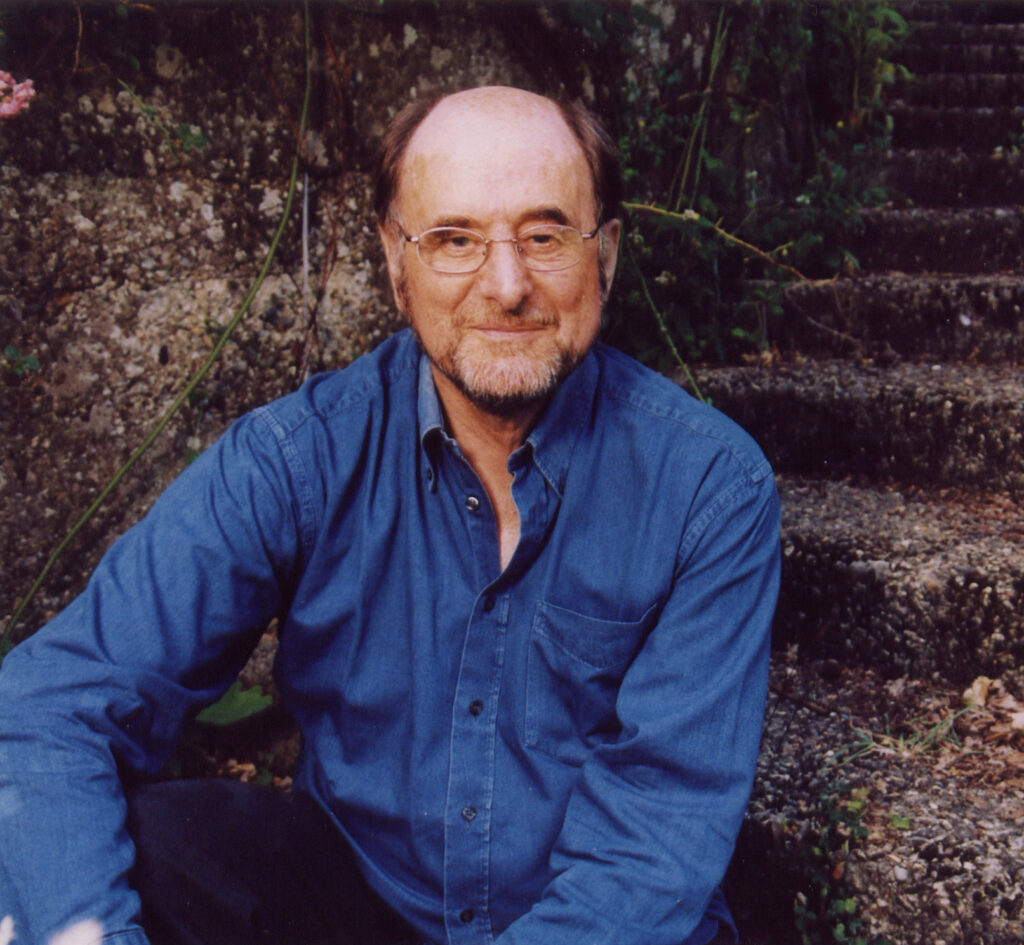
Roger Norrington
Finding A New Path
Hello. I’m Roger Norrington, a Classical Music conductor, now retired, who’s always tried to explore how the great composers expected their music to be played. On this website I offer some formal teaching on this subject, as well as sharing a bit of autobiography about my sixty-year career.
I suppose that 99% of websites exist to sell a product or a person. I’ve never wanted a website before. But this one is different, because it’s not about selling, it’s about giving. I would like to offer to a younger generation some of what I have learned in 60 years of research and performance.
I’ve been involved in three Avant Gardes:
- Brand-new music
- Unknown music from the past
- Well-known music we thought we knew
This website mostly deals with number 3.
The information here is primarily aimed at conductors, but could be useful to any musicians. I was quite often invited to teach in music colleges, in classes or conducting their orchestras. Now that I am retired I give classes on line to a number of Conservatoires and Universities. In my classes I try to give them ideas about how to approach “historically informed practice “ (HIP). I am constantly asked by the brighter students where they can read more about “Early Music”, and about my experience of it.
In the first part of this site I am hoping to answer that very request, by offering young conductors, and any other interested musicians, information that I’ve collected over the years about this, to me, very important aspect of performance.
I guess I am trying to interest modern musicians who may not have been offered this kind of information at their music colleges, rather than people who have found their way into Early Music already. Original instruments are not necessary for these pages.
I’m not a scholar, or a musicologist. I was simply a working conductor, who asked the questions I needed in order to perform music of the past in a historically relevant manner. I would really like all musicians to ask these questions. Perhaps they are put off by some of the quite challenging scholarly literature.
So the classes for instance do not set out to be scholarly, but rather to be simple, practical, useful. They’re certainly not definitive. It’s more like a personal collection of things I’ve researched (or learned from others), that I found crucial to my performances over the years. Some of them will be provably correct; others will be more a matter of opinion. But all will have been vitally important to my performances, which can easily be experienced on my numerous CDs.
I have added, and will continue to add, a number of little essays on relevant musical subjects, some of which may refer to the “Early Music” question, but others that simply give a picture of a career lasting from 1962 to 2022. Some of these will perhaps be more likely to amuse my grandchildren than anyone else; but they could possibly be of historical interest for people reading them in 50 years time.
To listen on-stream to my own recordings, as well as that of others, I always use IDAGIO, because it’s an efficient service, reasonably priced, and contains only classical music. (I object to Spotify calling Beethoven’s 5th Symphony a “song”). If you want classical then IDAGIO’s the place to hear it.
I hope you can find something of interest in these essays. As I said earlier they are meant to be straight forward and not too specialist. I intend to add plenty more blogs. If I have left out important subjects, if you can suggest corrections, or if you have questions you want to ask, please go ahead, using this form: